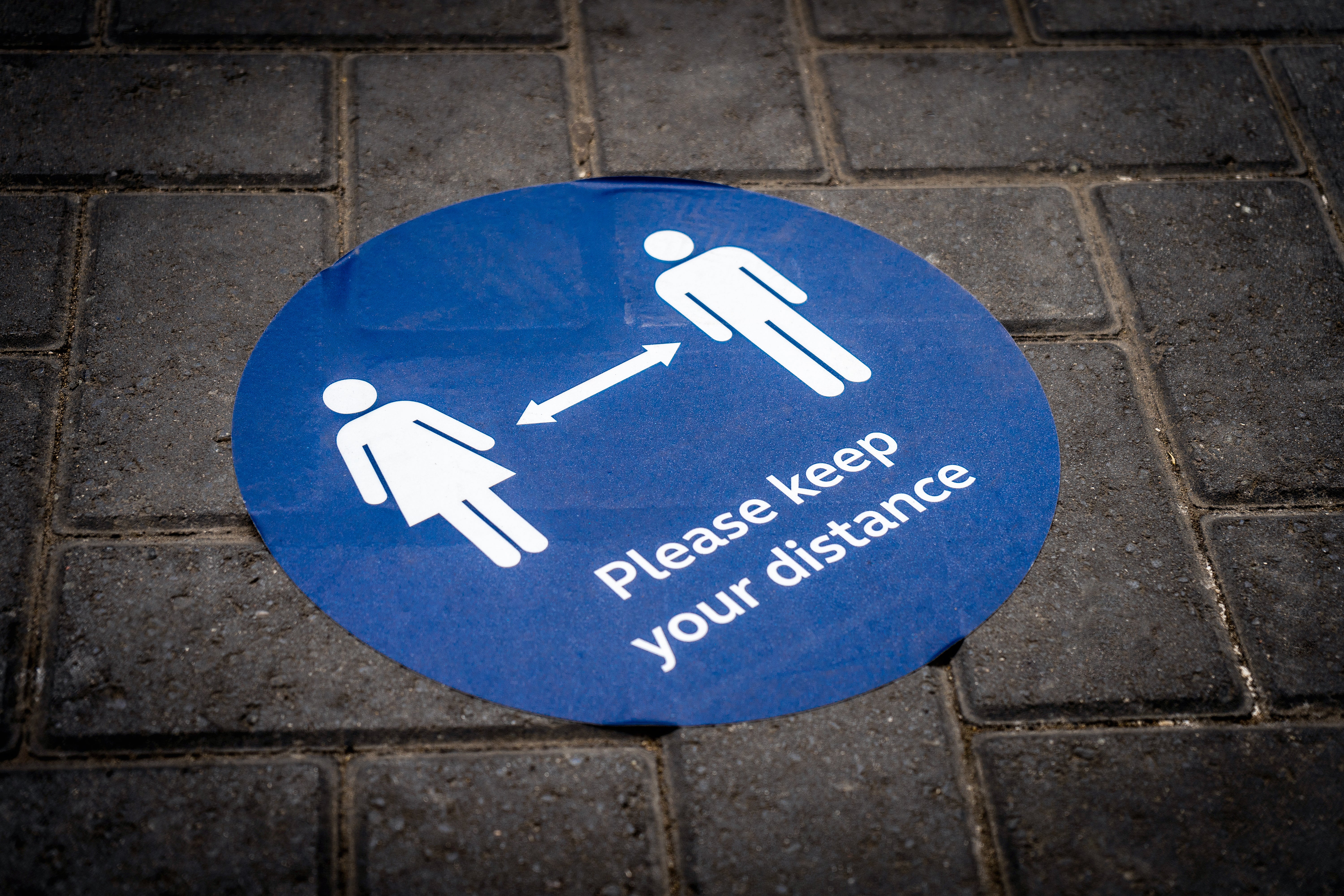Tier 3: What are the rules and can non-essential shops stay open?
Matt Hancock has announced more areas will move into tier 3 and 4 on Thursday

Matt Hancock announced on Wednesday that new areas of England will be added to tier 3 in a bid to curb growing rates of coronavirus across the country.
The regions moving into tier 3 on 31 December, include Rutland, Liverpool City Region, Bath, North East Somerset, Cornwall, Devon, Dorset, Bournemouth, Wiltshire and Herefordshire.
The three tier system is currently being updated on a fortnightly basis, and is being reviewed based on coronavirus case numbers, the local rate of infection, and hospital admissions.
Read more: Covid rules for tiers 1, 2, 3 and 4
People can find out which alert level their area falls under using the postcode search available on the government website. You can also refer to a full list here. The NHS Covid 19 app will also be updated and show which local alert level applies in which area.
Here’s everything you need to know about what you can and cannot do in tier 3.
What does it mean if an area is placed in tier 3?
If a region has been placed in tier 3, or under “very high” alert, this means that it is an area “where transmission rates are causing the greatest concern”, the government states.
“This includes incidence and test positivity, including amongst older and more at-risk age groups, as well as the growth rate, hospital admissions and other factors,” the government’s website adds.
In areas placed under “very high” alert, the government will outline a “baseline of measures” for members of the public to follow, in addition to working with local authorities to decide what “additional measures” are required.
Can I see friends and family?
When it comes to socialising, people in tier-3 areas are not allowed to mix with different households indoors or outdoors, unless it is in a public space such as a park.
The government website says: “You must not socialise in a group of more than six in some other outdoor public spaces, including parks, beaches, countryside accessible to the public, a public garden, grounds of a heritage site or castle, or a sports facility – this is called the ‘rule of 6’.
“You must not meet socially indoors or in most outdoor places with anybody you do not live with, or who is not in your support bubble, this includes in any private garden or at most outdoor venues.”
Can I visit pubs, restaurants and shops?
Hospitality venues, including bars, pubs, cafes and restaurants, must close except for takeaway, delivery, and click and collect services.
There are some exemptions to this, including cafes and canteens at hospitals and those at schools and higher education accommodation.
The government guidance on non-essential shops says: “Indoor shops, through-ways and public toilets at such attractions can remain open.”
Can I travel?
Members of the public are being advised by the government to refrain from travelling in or out of tier-3 areas to prevent further transmission of Covid-19.
The government states: "Avoid travelling out of the area, other than where necessary such as for work, education, youth services, medical attention or because of caring responsibilities.”
For these reasons, accommodation such as hotels, B&Bs, campsites, and guest houses must close.
However, there are several exemptions, such as for those who use these venues as their main residence, and those requiring the venues where it is reasonably necessary for work or education and training.
What about weddings and funerals?
Weddings and funerals can continue to go ahead, but there are restrictions on the number of guests.
Up to 15 people can attend wedding ceremonies, however, unlike in tiers 1 and 2, receptions are not permitted.
As for funerals, 30 people can attend.
Can cinemas and beauty parlours stay open?
All indoor entertainment and tourist venues must close in tier 3.
This includes cinemas, theatres, concert halls, museums, galleries and bowling alleys.
Leisure and sports facilities may stay open in tier 3 along with places of worship and public buildings such as libraries and community centres.
Additionally, personal care and close contact services can stay open. This includes hairdressers and barbers, beauty salons, and tattoo parlours.
How are the restrictions being imposed?
If you break the restrictions, you can be fined £200 for the first offence, doubling for each further offence up to a maximum of £6,400.
If you hold, or are involved in holding, an illegal gathering of over 30 people, the police can issue fines of £10,000.
You can read more about the three alert levels on the government website here.
Join our commenting forum
Join thought-provoking conversations, follow other Independent readers and see their replies
Comments

Bookmark popover
Removed from bookmarks